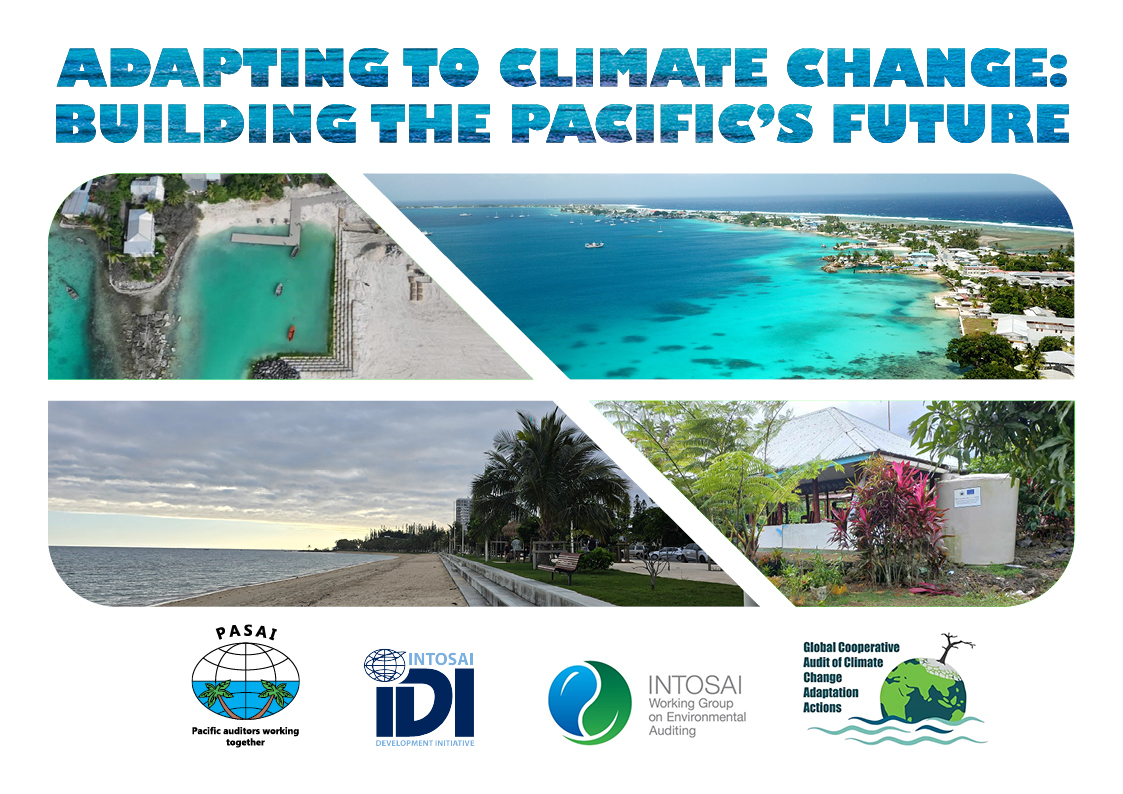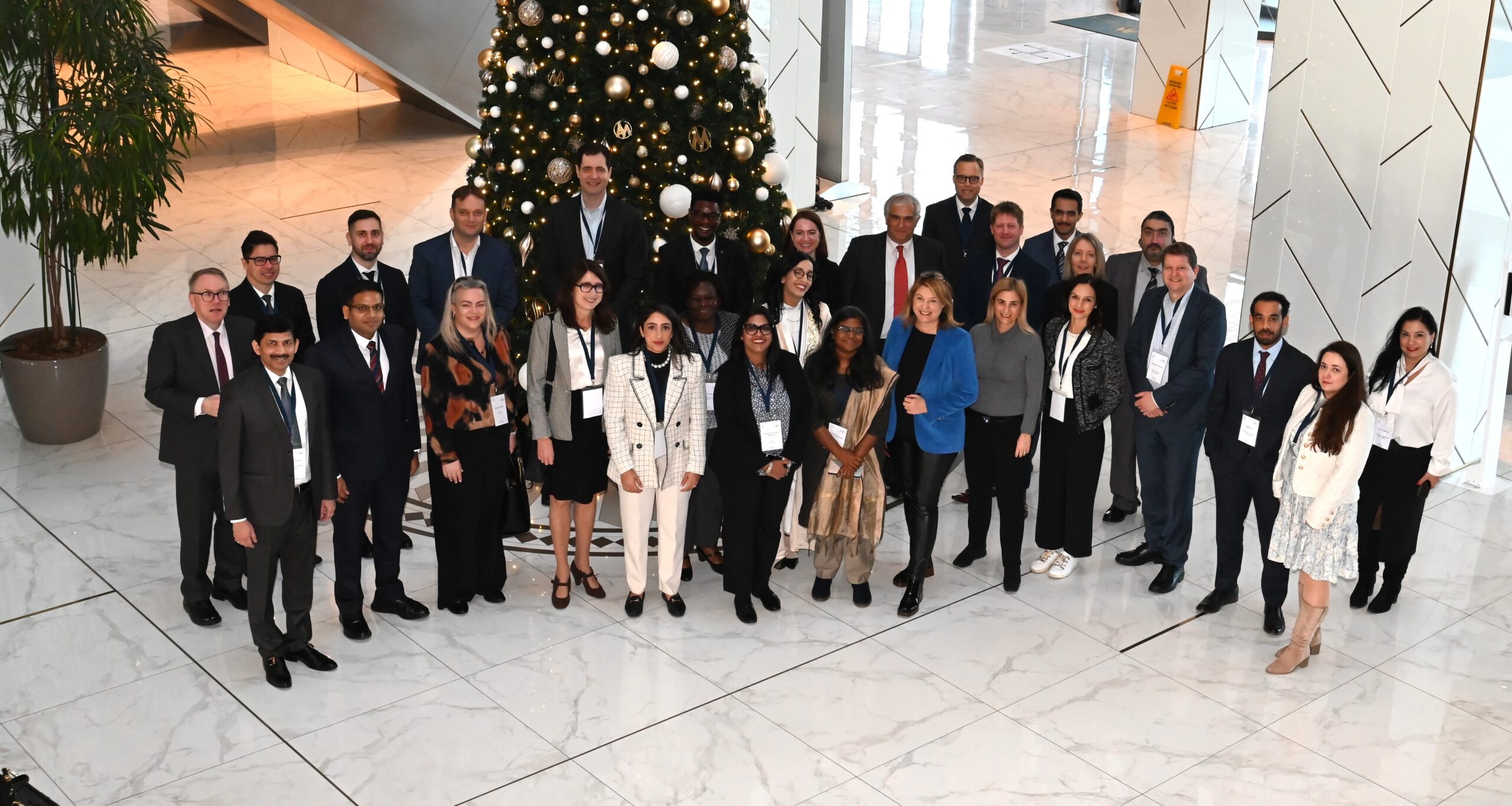The Chair of the International Organization of Supreme Audit Institutions (INTOSAI), Minister Vital do Rêgo, highlights the challenges and strategies for strengthening the credibility of...
Nine Pacific Islands on the front line of climate change make clear calls to action in new cooperative audit
The Pacific Association of Supreme Audit Institutions (PASAI) has published a regional report on the audits of responses to climate-related matters by government agencies in 9 Pacific Island states. Auditors from the government audit offices of the Federated States of Micronesia, Fiji, the Marshall Islands, New Caledonia, Samoa, Solomon Islands, Tonga, Tuvalu and Vanuatu participated in the global cooperative audit on climate change adaptation actions.
Each participating audit office in the Pacific region selected one of 3 audit topics; examining how well their governments are managing water resources, implementing climate change adaptation plans or actions, or taking action to adapt to the impact of sea level rise and coastal erosion.
A previous cooperative audit in 2014–15 on the effectiveness of climate change adaptation and disaster risk reduction strategies, plans and financing found that most Pacific Island states lacked comprehensive adaptation strategies and faced difficulties in accessing international funding. Key themes included governance weaknesses, project implementation constraints and inadequate monitoring and reporting systems.
The 2024–25 audits indicate some improvements, with many states prioritising climate change adaptation and developing relevant policies. Some positive outcomes from adaptation measures are also beginning to emerge in the Pacific. Examples include:
- seawall constructions in the Marshall Islands that protect against storms and flooding
- reclaimed land in Tuvalu has improved livelihoods and local ecosystems
- New Caledonia has repaired coastal areas to enhance resilience against cyclones.
Despite progress, the urgency to act now is even greater. Governments are called to take specific actions to enhance climate change adaptation efforts:
- Funding and expertise must be secured for long-term, sustainable solutions.
- Adaptation measures should be better planned and targeted to vulnerable areas.
- Implementation needs to be more coordinated across agencies and include community involvement.
- Enhanced monitoring and reporting frameworks are necessary to ensure accountability and effectiveness.
The regional report, Adapting to climate change: Building the Pacific’s future, links to individual audit reports and videos from contributing auditors are all available from pasai.org/regional-reports.



